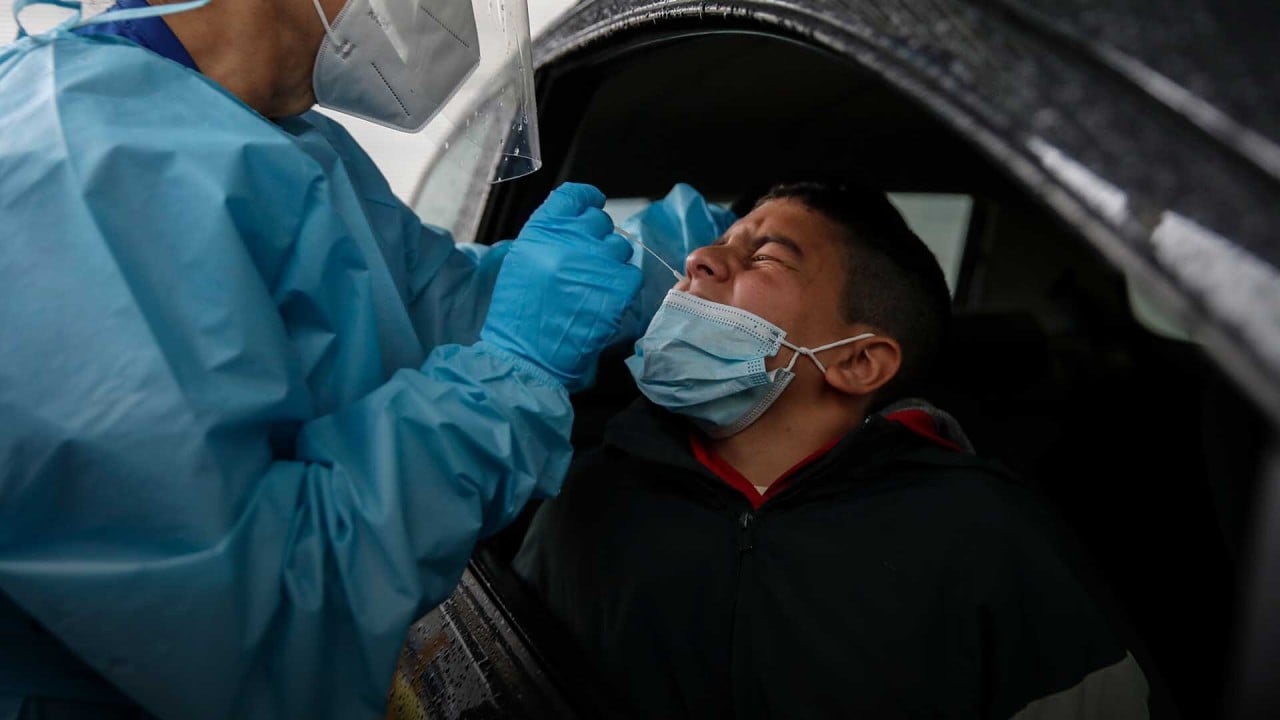
01:51
Coronavirus hunters find new evidence pointing to the virus originating in Italy
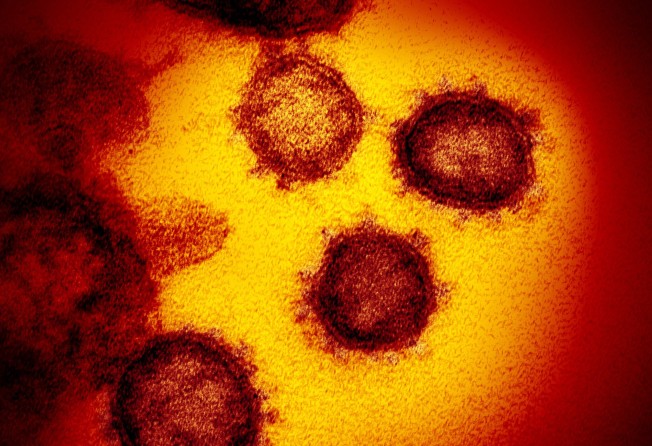
As the World Health Organization presses on with an investigation into the origins of the coronavirus, the question of where it came from seems to be generating more heat than light.
The Lancet medical journal joined the fray on Monday, saying it was starting an investigation of its own.
China has repeatedly said it will work closely with the WHO on tracing the virus’s source, but maintains that while the pathogen was first identified in the central Chinese city of Wuhan, it does not necessarily mean it originated in the country.
Virologists generally agree that is the case, but also stress that a full investigation into the original outbreak in Wuhan is needed to find out.

01:51
Coronavirus hunters find new evidence pointing to the virus originating in Italy
The WHO team will investigate if the pathogen possibly jumped from an animal to a human host in Wuhan, or whether it slipped into the city from somewhere else.
Zeng Guang, former chief epidemiologist of the Chinese Centre for Disease Control and Prevention, seemed to get ahead of that question last week, telling an online academic conference: “Wuhan was where the coronavirus was first detected but it was not where it originated.”
He gave no evidence for that assertion, but he did follow recent comments by CDC chief epidemiologist Wu Zunyou that the virus might have entered the country in imports of frozen seafood. Some of the first cases of Covid-19 – the disease caused by the coronavirus – were linked to the Huanan Seafood Wholesale Market in Wuhan.
Other scientists are questioning those assertions.
Gregory Gray, a professor of infectious diseases at Duke University in North Carolina, said that without compelling evidence, suggestions of the origins of the virus were speculation.
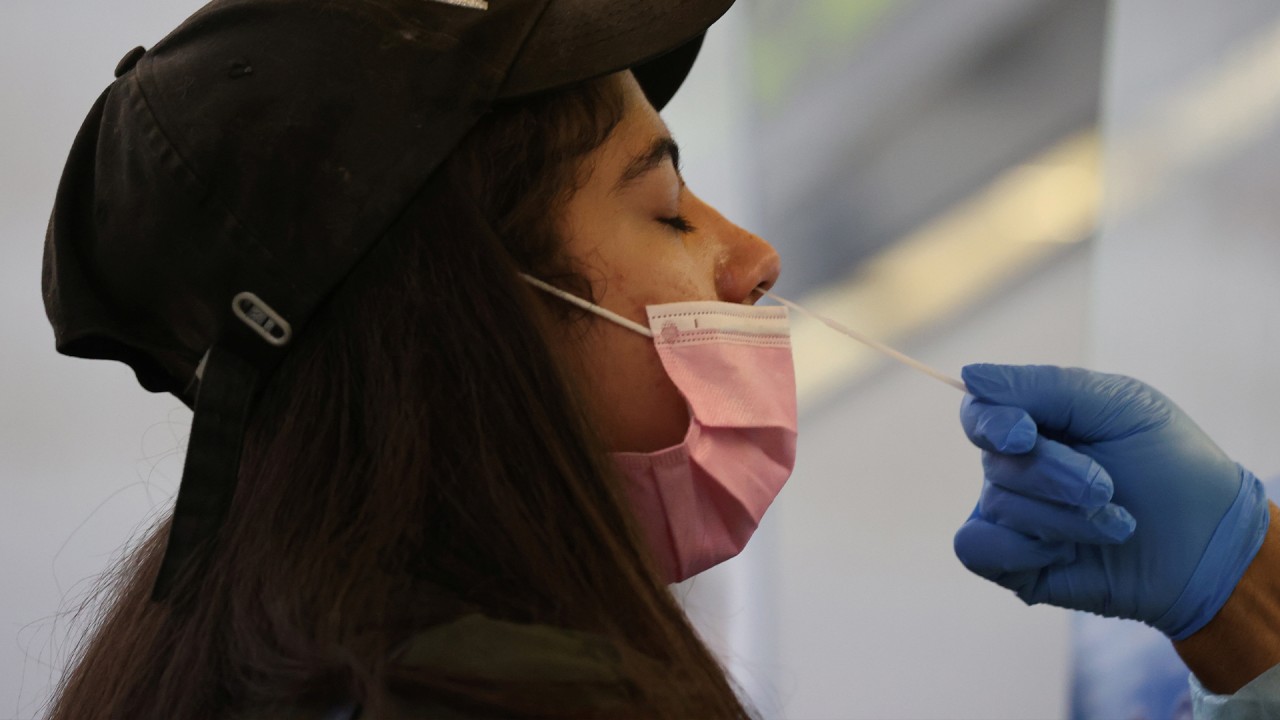
02:11
Americans get coronavirus tests ahead of Thanksgiving family visits as US cases spike
“Until we can find more compelling evidence regarding the origin of Sars-CoV-2, scientists will speculate regarding possible sources and the evolutionary pathway Sars-CoV-2 followed before spilling over to man,” Gray said.
Wuhan University virology professor Yang Zhanqiu said suggestions the virus entered the country on imported frozen food were just guesses “that do not have supporting evidence ”, according to nationalist tabloid Global Times.
Further adding to the origin debate is peer-reviewed research from Italy published this month that indicated antibodies to Sars-CoV-2 – the formal name for the coronavirus – were found in blood samples taken in the country as early as September last year, or before the first cases were identified in Wuhan in December.
Asked last week about the Italian study, Chinese foreign ministry spokesman Zhao Lijian said it showed that tracing the origins of the virus was a complex scientific problem and could involve multiple countries and locations.
Yuen Kwok-yung, chairman of infectious diseases at the University of Hong Kong’s department of microbiology, said there were questions about the Italian study and it could be a case of a “false positive” reading.
The specific antibodies found in the Italian study were insufficient to prove that the patient had Covid-19, he said at a forum organised by Hong Kong media platform Master Insight Media on Friday.
Tao Lina, a former doctor at the Shanghai Municipal Centre for Disease Control and Prevention, said the Italian study did not answer the origin question, but showed the need for further and broader investigations.
“More similar studies need to be carried out to prove that Covid-19 existed earlier than it was first identified in Wuhan,” he said.
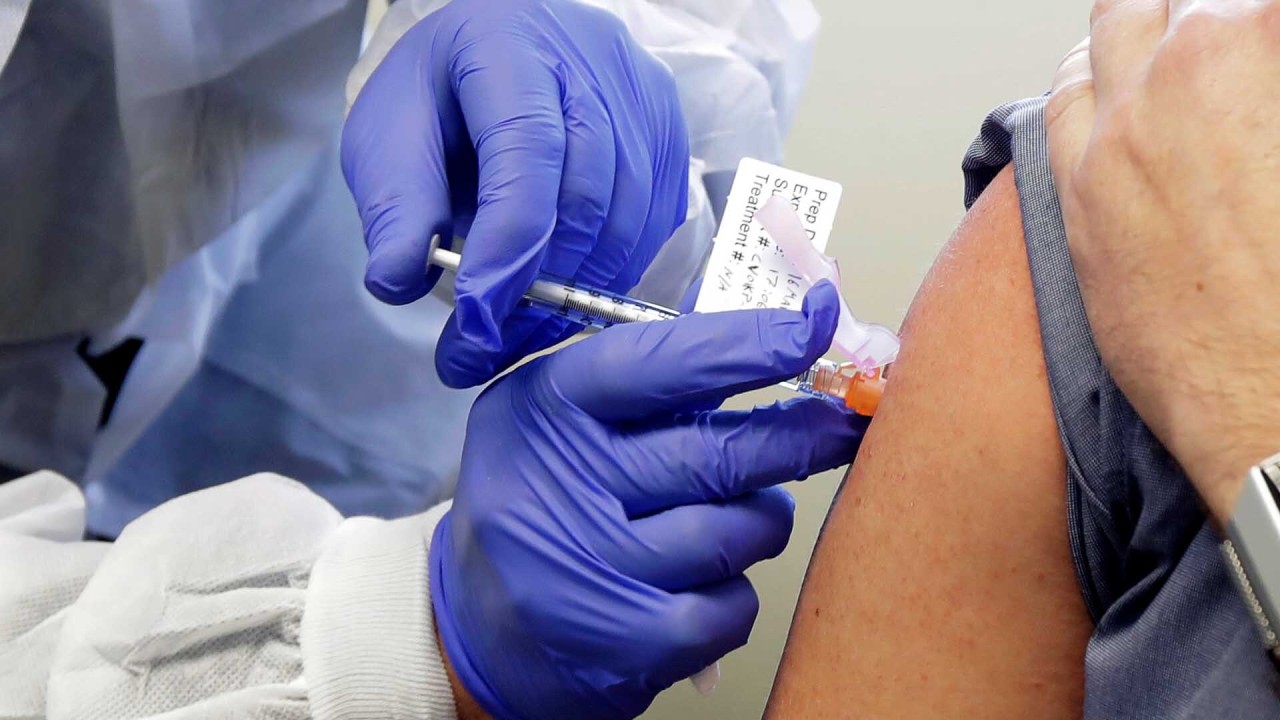
02:23
Moderna Covid-19 vaccine nearly 95 per cent effective in second promising trial for US drug makers
While there has been promising progress in vaccines to help stop the spread of the coronavirus – it has been blamed for more than 1.4 million deaths and counting – tracking back to the source will help science understand how it got into humans and potentially prevent a recurrence.
Sars-CoV-2 is one of several coronaviruses that have emerged since the 1960s. Two others – Middle East respiratory syndrome (Mers) and severe acute respiratory syndrome (Sars) – are believed to have jumped from animals, known as a zoonotic source, and can be fatal to humans.
Details of the ongoing WHO investigation were released on November 5, but there was no mention of when the international members of the team would head to China. The names and nationalities of the experts have not been disclosed, nor a deadline for producing a report.
Both the WHO and Beijing have faced attacks over the handling of the pandemic, with the most prominent critic being US President Donald Trump, who alleged the world health body had come under the sway of China.
Into this mix, The Lancet announced on Monday a plan of its own to investigate the origins of the pandemic – with Wuhan as the starting point.
The journal said Peter Daszak, president of US-based research organisation EcoHealth Alliance, would lead the 12-member task force comprising infectious disease experts and virologists from eight countries, including China, Australia and the United States.
“We intend to conduct a thorough and rigorous investigation into the origins and early spread of Sars-CoV-2,” Daszak said in a statement. “Our group will use the findings to formulate ... solutions for managing future zoonotic disease risk.”
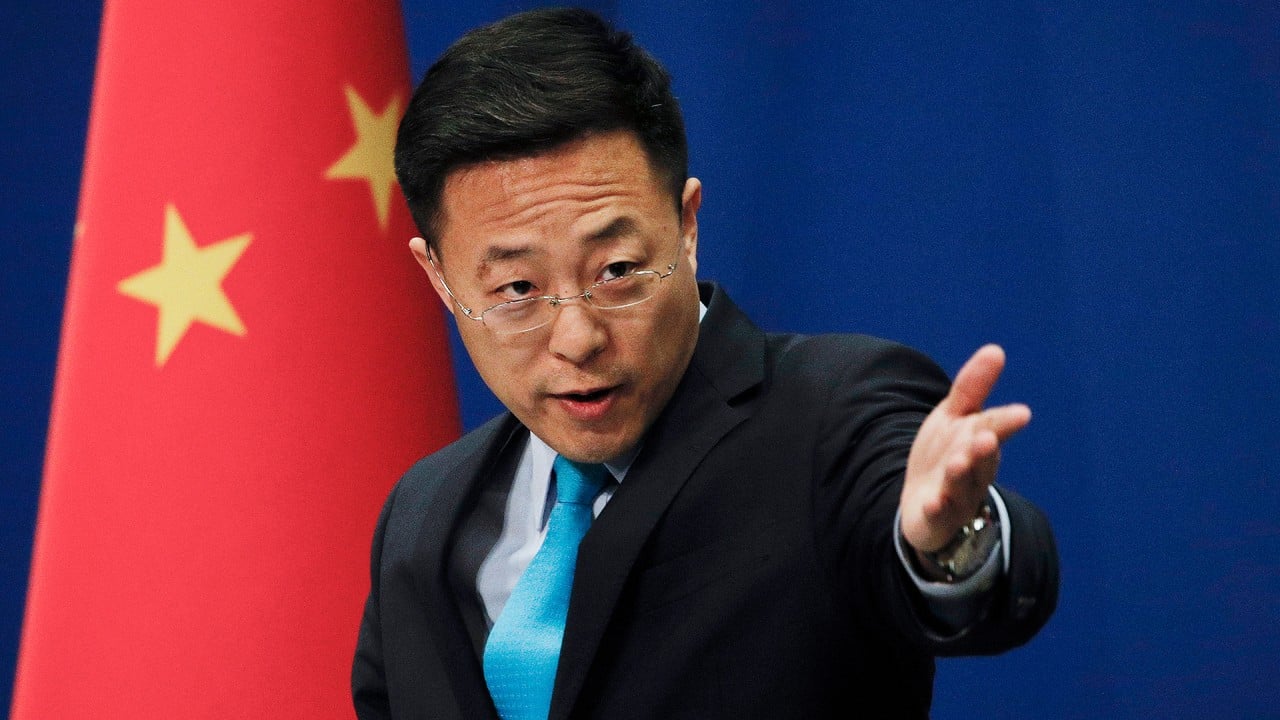
01:55
Chinese foreign ministry spokesman claims US army brought coronavirus to Wuhan
Danielle Anderson, an assistant professor at the Duke-NUS Medical School in Singapore and one of the members of the Lancet task force, said the team would review all proposed origins of the virus. They aim to produce a final report in September next year.
“The investigation may involve, but is not limited to interviewing doctors and scientists involved in the initial outbreak, assessing data to determine its credibility and determining if evidence supports proposed theories of origins,” she said.
Wuhan would be the starting point of the investigation, but it was not limited to China, she said, adding that the team would work with the WHO to ensure the investigations were “complementary and comprehensive”.
Meanwhile, the WHO said on Monday that it was requesting cooperation from all countries.
“We expect openness and transparency from all our member states when it comes to scientific collaboration, and we trust we will continue to receive that from our scientific colleagues in China,” said Michael Ryan, executive director of the WHO health emergencies programme.